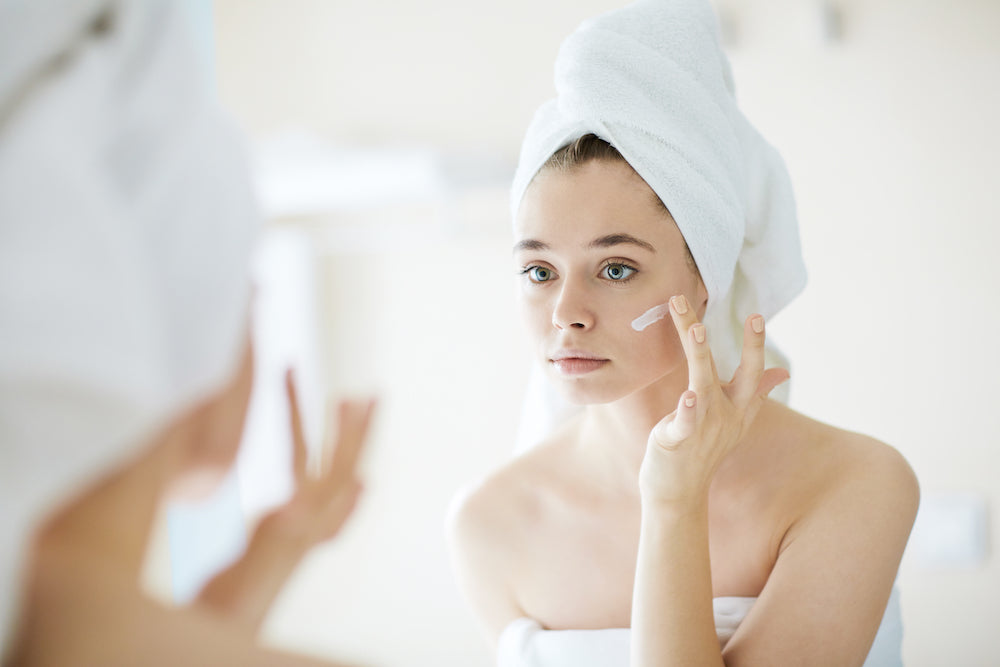Honey has been an ancient home remedy for many years, but did you know that manuka honey can be even more powerful? Discover five reasons why using manuka honey for face treatments can be more beneficial!
Honey vs. Manuka Honey
So what is the difference between honey and manuka honey?
Honey has been used for centuries as a natural remedy for treatment of infected wounds, as well as other conditions. According to one study, there is evidence of honey used as a drug and an ointment dating back to 2100-2000 BC. Aristotle (384-322 BC), when discussing different kinds of honey, referred to pale honey as being “good as a salve for sore eyes and wounds” [1].
Raw honey is usually the purest form and helps with the following:
- Cleaning pores
- Maintaining moisture
- Reducing wrinkles
- Fighting acne and pimples
- Hydrating skin
- ...and so much more!
Alternatively, manuka honey provides all these benefits and more! Manuka honey is not only a natural preservative, but it has 1,000x more methylglyoxal than traditional forms of honey. Methylglyoxal is a compound that provides both anti-bacterial and anti-inflammatory properties.
Why Use Manuka On Face?
1. Fights Bacteria
As previously mentioned, manuka honey contains Methylglyoxal, a compound known for being antibacterial and antiviral. Many who suffer from sensitive skin conditions are at a higher risk of developing staph infections or other topical skin infections. Therefore, using a natural ingredient with antibacterial properties can further protect sensitive skin.
2. Maintains Moisture
Like honey, manuka honey is known to maintain moisture. This helps repair the skin barrier and provides much-needed relief to dry, itchy, or flaky skin. With any sensitive skin condition, it's crucial to maintain the skin's moisture for effective and fast healing.
3. Barrier Protection
Some sensitive skin conditions like eczema and psoriasis weaken the skin's barrier. Not only will manuka honey help repair the skin's barrier, but it will offer extra protection from damage.
4. Wound Healing
Manuka honey also contains non-hydrogen peroxide, which gives it even greater antibacterial power. This component can offer wound healing to those who might suffer from dry, cracked skin and red, open, oozing sores. Studies have also shown that manuka honey reduced wound size, decreased the pH of wounds [2], and displayed powerful anti-inflammatory effects in wound healing [3].
5. 100% Natural
When using products on the face, it's essential to use gentle and sensitive products for thin skin. In its purest form, manuka honey can offer natural relief for irritated skin while remaining soft. This Organic Manuka Skin Soothing Cream is wonderfully soothing and nourishing. Not only does it provide anti-inflammatory and anti-bacterial properties from manuka honey, but it also contains manuka oil which is 20 to 30 times more effective against bacteria and 5 to 10 times more effective against fungus than tea tree oil.
YoRo Naturals Recommends: Why to Try Manuka Honey on Acne
Ready to heal with manuka honey? Try it today!
References
1. Honey: its medicinal property and antibacterial activity.
2. The impact of Manuka honey dressings on the surface pH of chronic wounds.
3. Potential pathway of anti-inflammatory effect by New Zealand honey.










